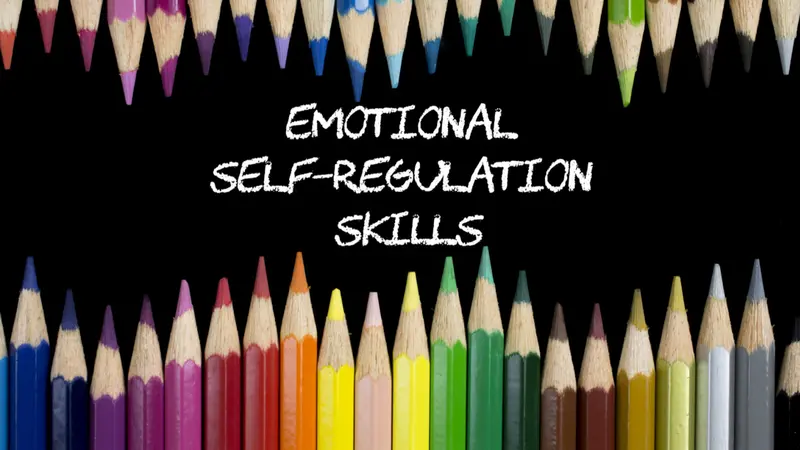

Mental and Behavioral Well-Being

Mental and Behavioral Well-Being
What Is Emotional Self-Regulation?
Emotional regulation is a person’s ability to manage their emotions and impulses, and is an important part of overall mental and physical well-being.
Emotional self-regulation is a learned skill of applying conscious thought to events that prompt strong emotions. When people engage in self-regulation, they:
- Notice the increase in emotional response
- Consider the consequences of any response
- Choose responses that move toward a positive outcome or goal, despite possibly feeling negative emotions
Self-regulation is learned in childhood, and research shows that being able to regulate emotions positively affects a persons’s well-being.
For some people, emotions are continually draining and overpowering, which can lead to negative or self-destructive behaviors and unhealthy coping strategies (e.g., substance abuse, overwork, angry outbursts, or self-injury).
If a person lacks self-regulation skills, they may:
- Overreact to situations
- Have emotional outbursts and be quick to react
- Experience negative emotions that last a long time
- Have mood swings
Daily practices that can help a person stay in control of their emotions include:
- Talking with friends
- Exercise
- Meditation
- Therapy
- Journaling
- Getting adequate sleep
- Addressing any personal illness
- Paying attention to negative thoughts that follow strong emotions
- Mindfulness practice
A 2016 study compared three emotional self-regulation strategies:
- Mindfulness: Paying attention to thoughts and feelings and recognizing and accepting them. Study participants who practiced mindfulness showed fewer negative emotions than those who did not.
- Cognitive reappraisal: Choosing to step back from an emotionally triggering situation before becoming charged with emotion and reframe it in a way that changes its emotional impact. Study participants who practiced cognitive reappraisal experienced more positive emotions than those who did not.
- Emotion suppression: Keeping emotions inside and being careful not to express them to avoid feeling judged or facing other social repercussions. Study participants who used emotion suppression experienced fewer positive and more negative emotions than those who did not, suggesting that it isn’t a healthy strategy for emotional self-regulation.
Emotional self-regulation can be improved through effort, practice, and repetition. For those who feel they need additional support managing their emotions, a therapist can help develop self-awareness and emotional regulation.
REFERENCES
Veazey, K. (2022, May 2). Why emotional self-regulation is important and how to do it. https://www.medicalnewstoday.com/articles/emotional-self-regulation



 By
By








